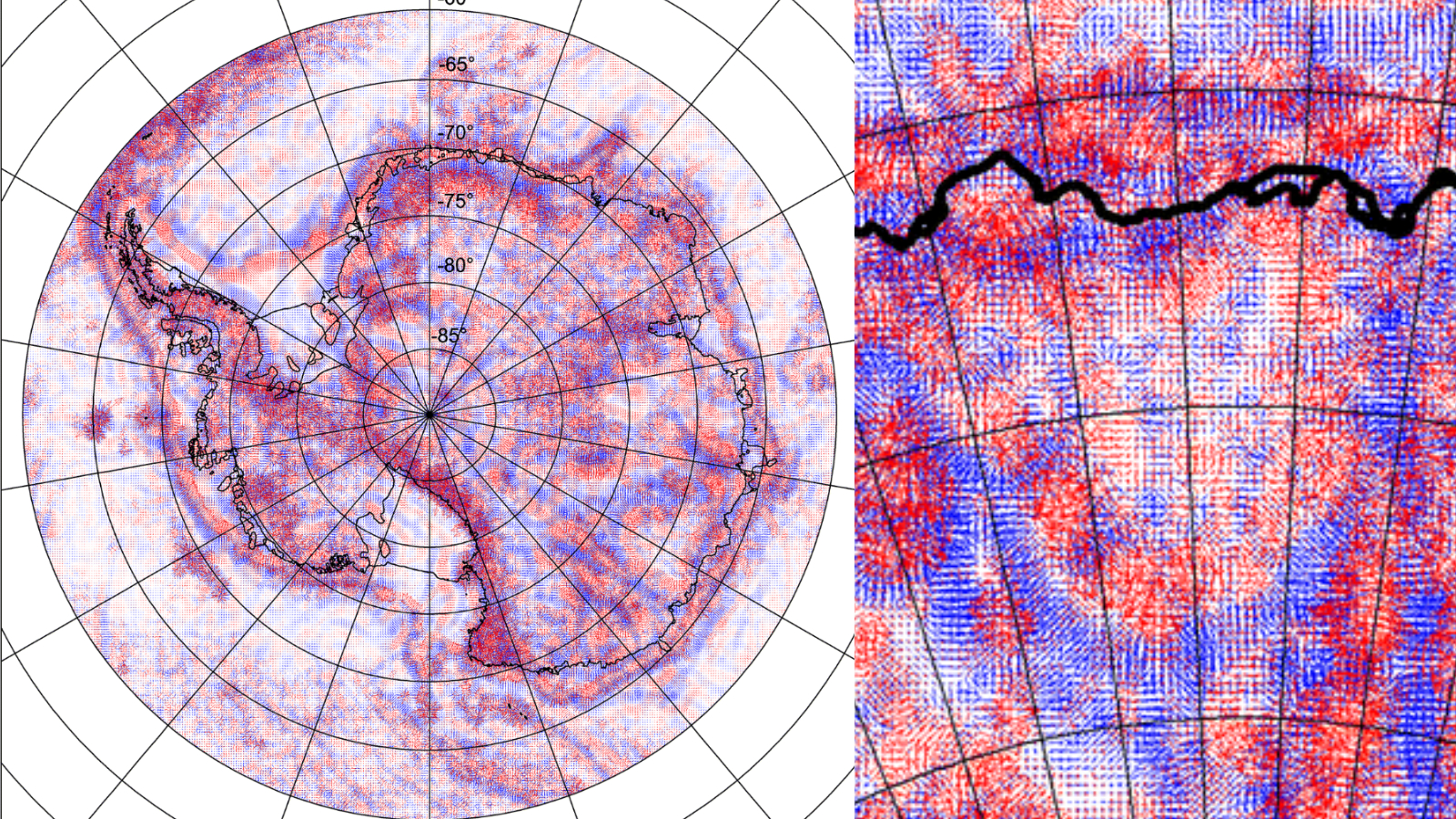Clothing Triggers Racial Stereotypes, Study Suggests

A person's skin color is the most obvious outward indicator of their race, but it turns out that people may subconsciously rely on other subtle factors when perceiving a person's race. According to a new study, perception of race can actually be altered by certain indicators of social status, such as a person’s clothes.
The findings suggest that our determination of a person’s race may be shaped by common stereotypes and prejudices.
"The study shows how the perception of a face is always a compromise between the visual cues before our eyes and the baggage we bring to the table, like the stereotypes we hold," lead researcher Jonathan Freeman, a doctoral candidate in psychology at the Tufts Graduate School of Arts and Sciences, said in a prepared statement. [Individuals With Rare Disorder Have No Racial Biases]
In the study, Freeman and colleagues showed 34 undergraduate participants a series of virtual faces created by a program called FaceGen Modeller. Each of the 16 computer-generated faces contained 13 "levels of race," meaning that each facial identity had 13 versions that varied by skin color and other racial characteristics like nose shape. The facial photos showed the top half of the virtual person's torso, with half of them wearing high-status business attire and the others low-status janitor attire.
When asked to determine the race of the virtual faces that were racially ambiguous, the study participants were more likely to view the faces with high-status attire as white and those with low-status attire as black.
Next, the researchers repeated their first experiment with 22 undergraduates, this time tracking the participants' computer-mouse movements as they chose either “white” or “black” for each face. They found that in cases where the participants ultimately decided that a face with paired high-status attire was black or a face with low-status attire was white, they were still drawn to choosing the other, more stereotypical option; in these cases, the participants moved their cursors slightly closer to the opposite response before making their final decisions.
Using a computer model with built-in stereotypes about race and social status, the researchers then showed that contextual cues such as clothing can actually trigger stereotypes and influence race perception.
Sign up for the Live Science daily newsletter now
Get the world’s most fascinating discoveries delivered straight to your inbox.
"Racial stereotypes are powerful enough to trickle down to affect even basic visual processing of other people, systematically skewing the way we view our social world," Freeman said.
The study was published on Sept. 26 in the journal PLoS One.











